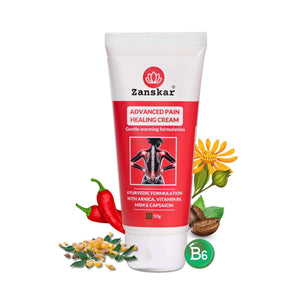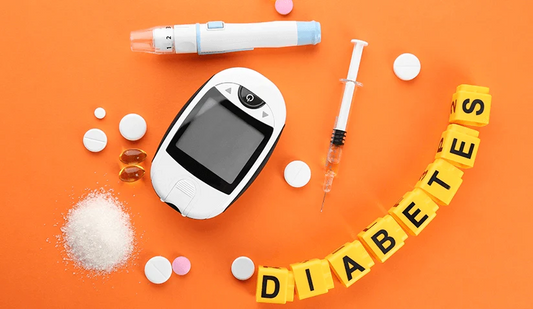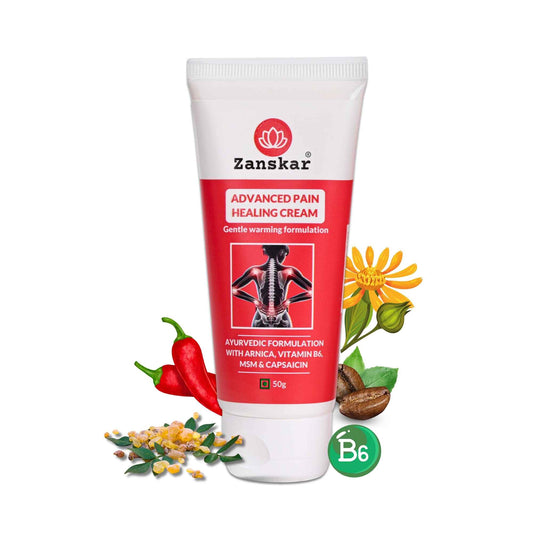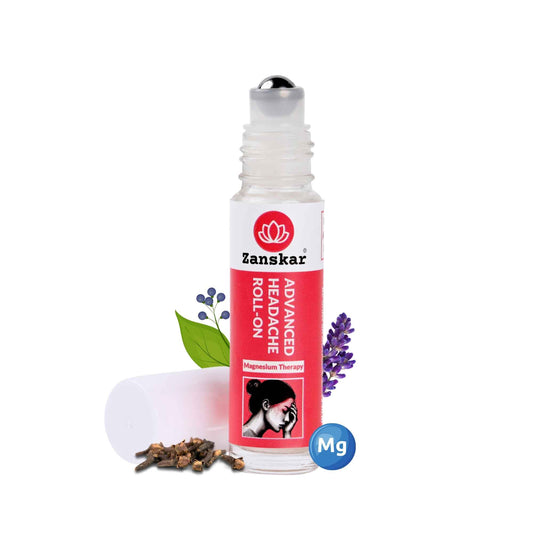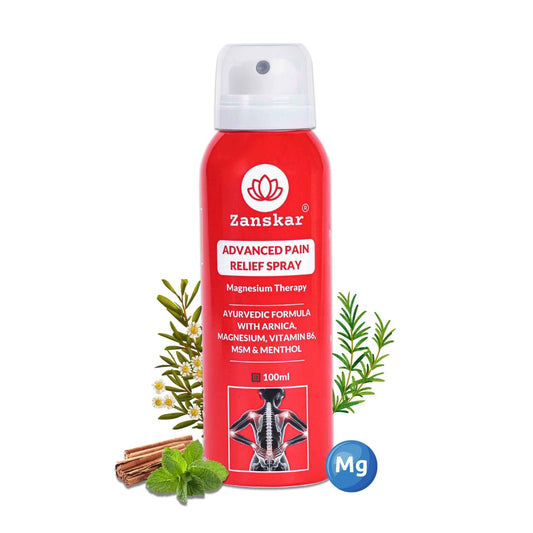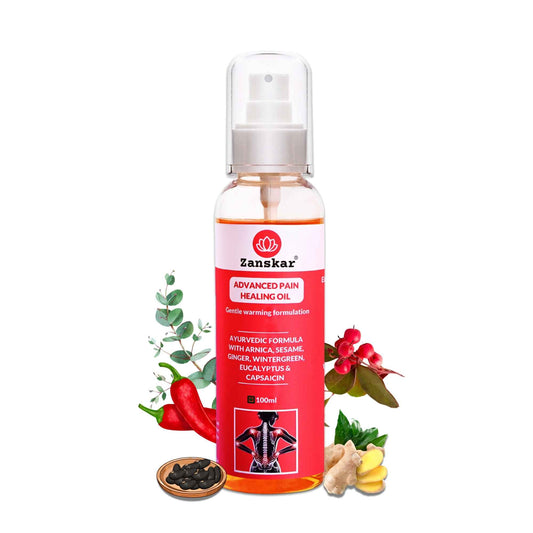
Can Pain cause High Blood Pressure?
High blood pressure, or hypertension, is often called the “silent killer” due to its subtle symptoms and long-term health risks. While it’s commonly linked to factors like poor diet, lack of exercise, or genetics, one frequently overlooked contributor is pain. But can pain really cause high blood pressure? The answer is yes—and understanding the connection is crucial for better health management.
The Link Between Pain and Blood Pressure
Pain is the body’s way of signaling injury or distress. When we experience pain, especially if it’s sudden or intense, the body responds by activating the sympathetic nervous system—often called the “fight or flight” response. This leads to a surge in stress hormones like adrenaline and cortisol, which cause:
- Increased heart rate
- Narrowing of blood vessels
- Temporary spike in blood pressure
In acute situations, this response is normal and protective. But when pain becomes chronic, this elevation in blood pressure can persist, contributing to long-term cardiovascular risk.
Acute vs. Chronic Pain and Their Effects
1. Acute Pain
Think of a sudden injury, like a sprained ankle or a dental procedure. Acute pain typically causes a short-term rise in blood pressure. Once the pain resolves, blood pressure usually returns to baseline.
2. Chronic Pain
Conditions like arthritis, migraines, fibromyalgia, or back pain lead to ongoing stress on the body. Over time, this chronic pain can result in sustained high blood pressure, partly due to constant sympathetic nervous system activation and partly due to poor sleep, reduced mobility, and increased stress.
Why This Matters
Untreated hypertension is a major risk factor for heart disease, stroke, and kidney failure. When pain is involved, it can also lead to:
- Poor compliance with medication
- Increased risk of anxiety and depression
- Reduced quality of life
For patients managing both pain and hypertension, it’s important to address both simultaneously, rather than treating them as separate issues.
Managing Pain to Support Healthy Blood Pressure
Effective pain management can lead to better blood pressure control. Some approaches include:
- Physical therapy and exercise – to improve mobility and reduce inflammation
- Topical pain relief – such as creams or oils with ingredients like capsaicin, MSM, or magnesium
- Mind-body techniques – including yoga, meditation, and deep breathing
- Medications or supplements – taken under medical guidance
-
Lifestyle changes – such as a healthy diet, quitting smoking, and limiting alcohol
Conclusion
Pain is a response from the involuntary nervous system used to protect the body from harm. No matter what type of pain occurs, the nervous system uses the same mechanisms to relieve it. As a result, there is a rise in blood pressure.
In acute pain, blood pressure elevations are quickly returned to normal. On the other hand, when chronic pain occurs, there are continuous elevations that weaken the body's ability to normalize blood pressure. This can lead to more pain, hypertension, and the risk of heart disease.
High blood pressure can be noted by various symptoms but sometimes people experience no symptoms at all. The only way to know if your blood pressure is high is to have it checked, so that you can take steps to manage pain and high blood pressure through lifestyle changes and medication.
Learn More About Zanskar Health
If you have joint or muscle pain that makes it hard to move, Zanskar offers the most advanced full stack pain relief solutions for you.
Now available to purchase, Zanskar® Advanced Pain Healing Cream has a unique formulation of natural ingredients like Arnica, Vitamin B6, MSM and Capsaicin, which is trusted by over 20L+ pain sufferers globally. It provides lasting relief from muscle and joint discomfort that you can feel good about. Get your fix before stocks run out - buy now.
You can also gain access to therapeutic exercises and stretches for your condition by downloading the Zanskar Health physiotherapy mobile app. Additionally, you’ll have a personal care team to guide, support, and tailor our program to you, including behavioral and nutritional coaching.
Download our mobile app here 👉 download and track your exercise streak.
Medical Review: This article is written and medically reviewed by Dr Nishtha Mittal (Senior Health Content Editor at Zanskar Health). This article and its contents are provided for educational and informational purposes only and do not constitute medical advice or professional services specific to you or your medical condition.

